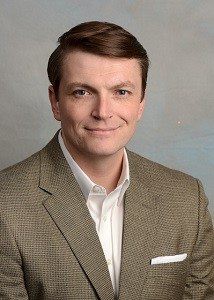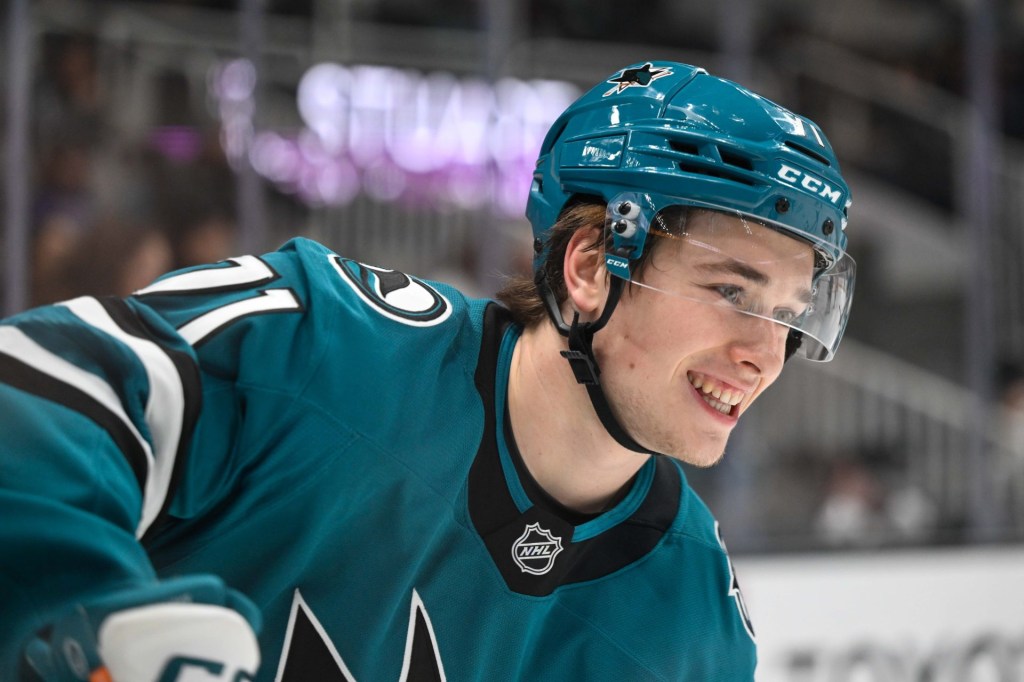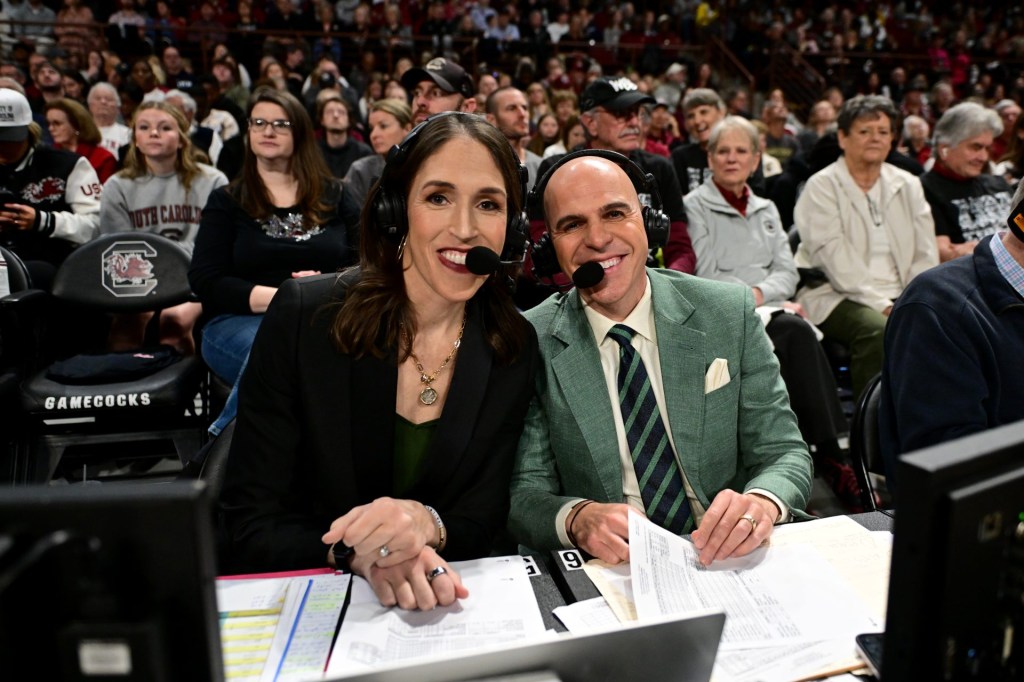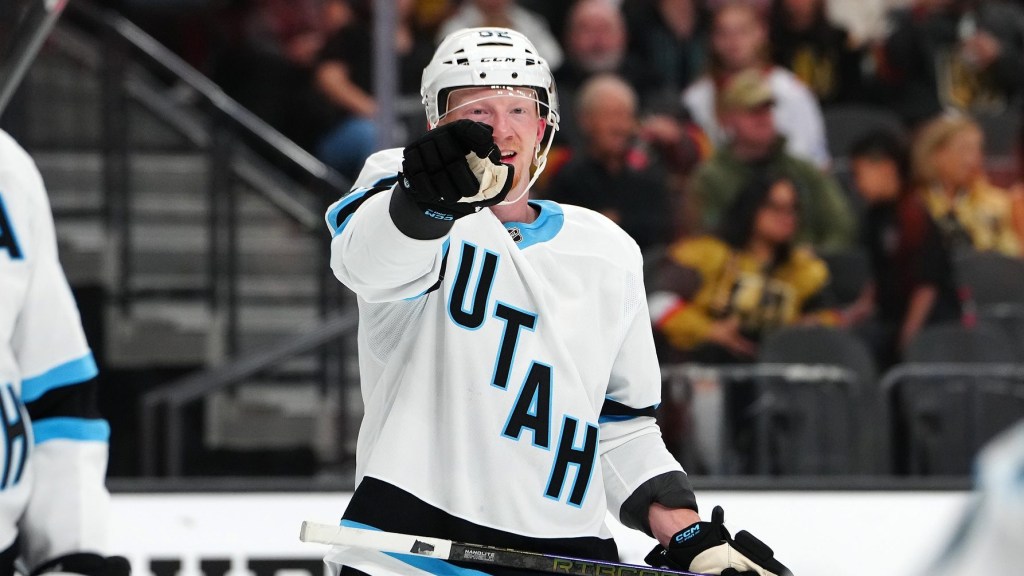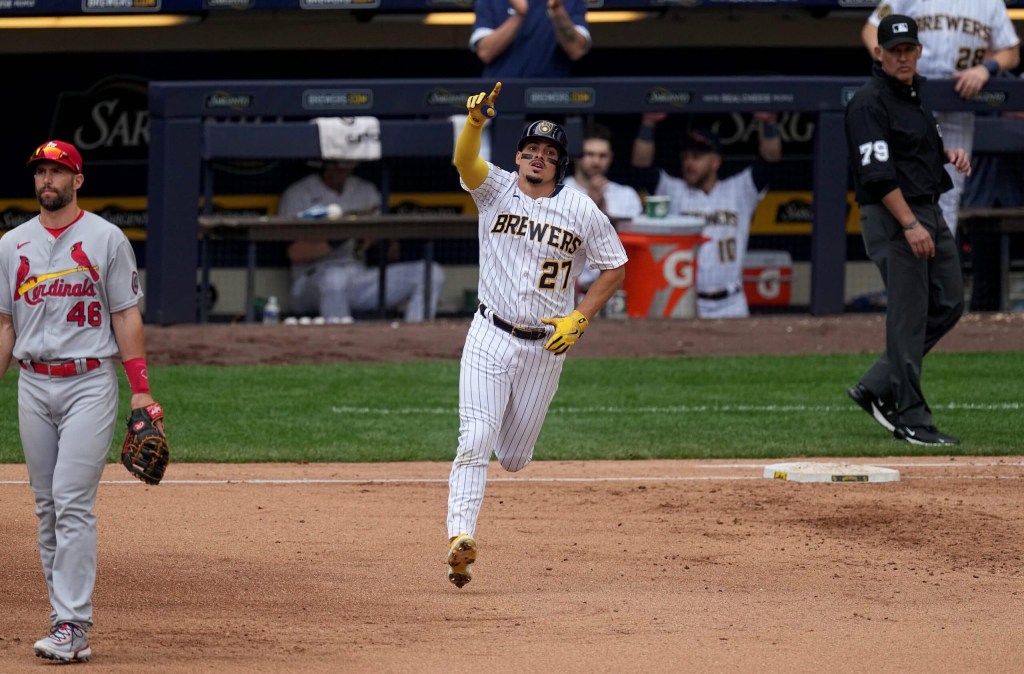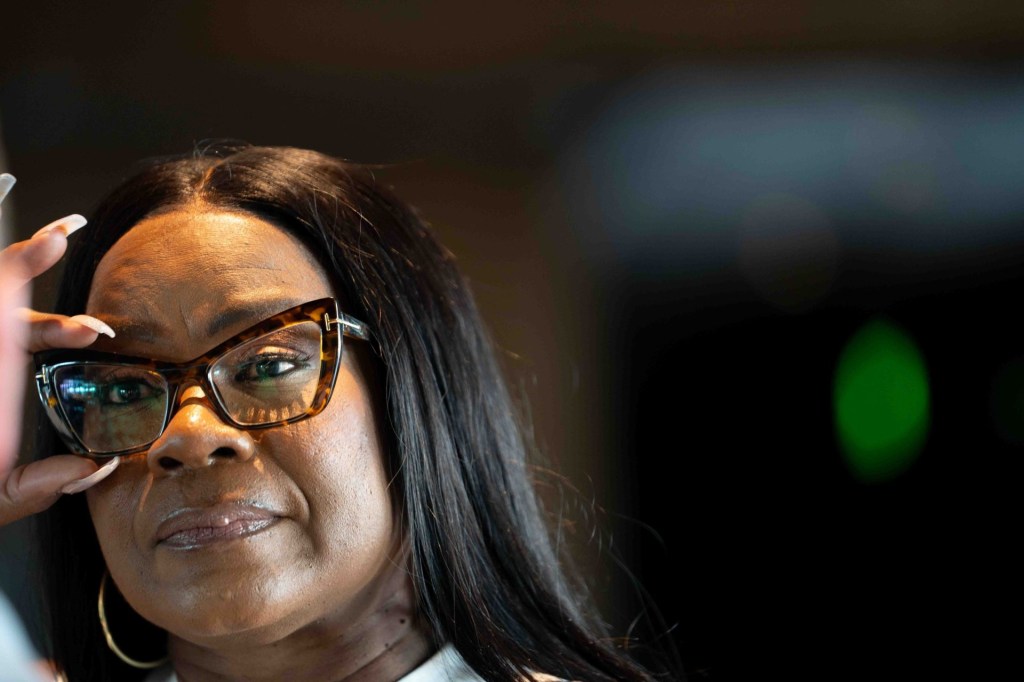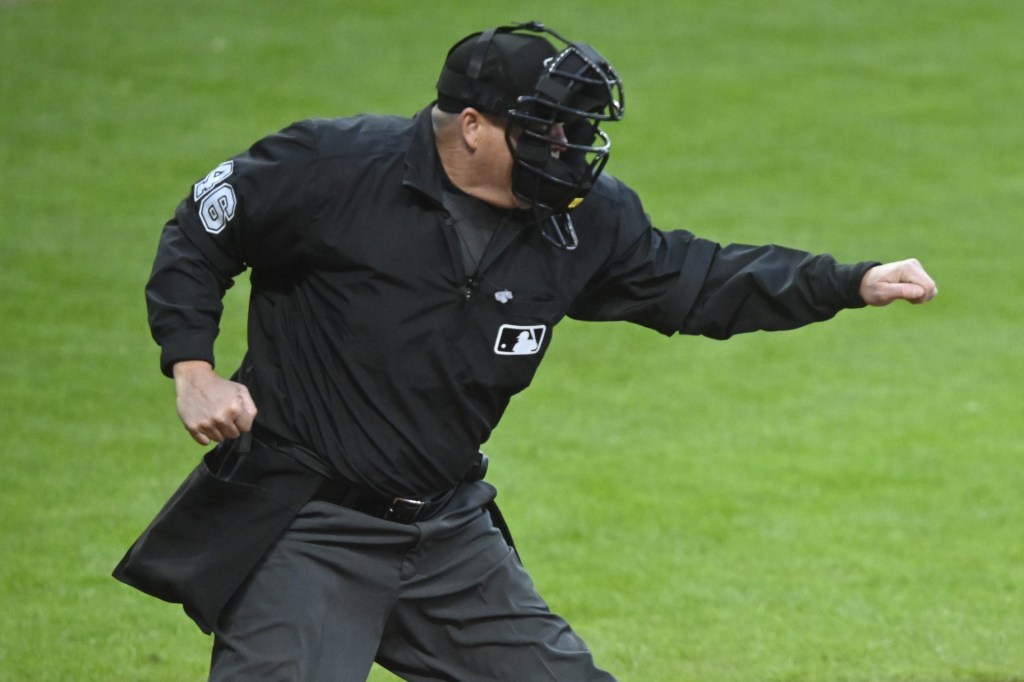This feature is presented to you by the University of Nebraska — Lincoln Master of Arts in Business with a Specialization in Intercollegiate Athletics Administration.
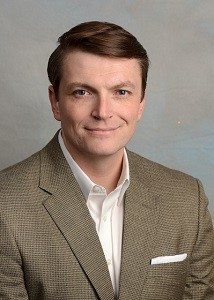
Working in executive search, I spend the majority of my days looking at resumes and understanding the various paths people took to their positions.
What instantly became clear was that there is no one path you take to become person X at any team, brand or league. Each professional in this diverse and exciting industry has taken their own approach and what lies underneath is a secret and evolving recipe that mixes a desire to innovate, a passion for the work being done, an understanding of relationships and a dash of luck.
Nick Kelly, Director of Sports Experiential Marketing at Anheuser-Busch, is someone who found the right recipe of those key ingredients.
Kelly took the traditional PR route after graduating from Marshall University. He worked with everyone from colleges and universities to grassroots organizations. As an account manager at MGH, an advertising agency in Baltimore, Kelly became more involved with sports properties through handling the consumer-facing communication for his clients.
“We were doing stuff with partners that didn’t necessarily have huge budgets, so we needed to be creative. We were working with a minor league baseball team and some professional sports teams to really drive home some messages that were very much about public awareness and less [about] buy my product.”
Kelly’s first true sports role came in late 2011, when he joined NASCAR’s Integrated Marketing Communications department. He focused on the business communications side, “looking at everyone from the Walmart’s, Sprints and Exxon’s to the licensing side of it.”
Want more great content like this? Be sure to subscribe to our newsletter!
Working at NASCAR exposed Kelly to the value of working on the brand side, noting that it can be, “where you have the most creative control and where you have the ability to make the most impact and drive the most change.”
In April of 2014, Kelly joined Anheuser-Busch as a Marketing Communication Manager on the Bud Light team. He focused on the messaging, marketing and communications for all the major platforms including the NFL, UFC and NBA. The role took his knowledge from the NASCAR and prior PR roles to the next level by adding more of a marketing and brand-specific focus.
About a year later, a large internal shift in strategy and philosophy took place and Kelly’s unique background stood out. He shifted into his current title of Director of Experiential Strategy — Sports and credits relationships with internal stakeholders, a bit of luck, a strong background and simply being in the right place at the right time.
As a company, Anheuser-Busch also, “shifted to what we’re looking for when we go to hire and we go to recruit top sports executives not only for our national roles, but for our regional roles,” highlighting the importance of having a diverse background.
“If everybody we recruited traveled the same path, we’d have the same result. We want to continue to find people with different backgrounds because they all bring something different to the table.”
It isn’t to say that sports business degrees lack value or starting in inside sales doesn’t work, in fact, those can still be great points of entry into the industry. The lesson, however, is that it’s important to remember where the daily communication lies.
“Even on the ticketing side, doing cold calls or the partnership marketing side or the business development side, your day-to-day contact outside of that venue isn’t a sports person usually,” added Kelly.
As you navigate the early years of a career, Kelly says it is necessary to, “focus on what do you want to be two, three, four, five years from now. He also stresses the importance of learning how to answer questions like: “Can you speak the language of the big partners that you hope to bring in? Can you understand what they’re trying to get out of this? Do you understand their business?”
We discussed the variety of routes that peers have taken, such as starting on the team side and shifting to the brand side or vice versa.
“The one thing I would stress [to] a lot of these people graduating with a sports marketing degree is there’s a lot of people on the brand side, and even agency side, who are looking for those people [with a sports understanding] and you don’t have to necessarily think that the only route is to go straight to a team.”
Even if you’re working as the sports rep for a local company, “you’re going to make a ton of contacts, and it may not be the sexiest role, it may be in your mind you think you’re selling insurance or something, but at the end of the day, what you’re doing is building a rolodex of contacts.”
But how to you start building a career once you get through the door? The biggest lessons Kelly says to give every task the same effort. No matter your education or accomplishments that got you in the door, the attitude to menial tasks is as important, if not more important than working on an activation plan.
“We want to know somebody wants to be there and they’ll do anything they need to be there. This year, we had an intern who had to come up with our plan for UFC 200 and then, the other part of his job was creating decks, printing stuff and binding it for presentations.”
The other biggest lesson from Kelly was that it’s ok to occasionally miss the mark.
“I think that everybody is willing to accept if you screw up. The biggest thing is that you have to own up to it.”
But why is it so important to take risks?
“If we’re not taking risks, we’re never going to get the next big idea, the next big activation, but it’s really just being accountable for it. You need to raise your hand if it doesn’t work out and say, ‘I screwed up. Here’s why it didn’t work.’ Just own up that it was a failure.”
In the end, you’ll gain more credibility for owning up and understanding why it didn’t work and not making that same mistake again.
“Just owning up to failure is the most important thing I would stress to anyone who is 21 or 40 years old, it doesn’t matter.”
Known for years as a market disruptor, Kelly noted that at Anheuser-Busch, they hardly look at the sports world.
“Honestly, we really don’t even look at sports. We certainly do keep a close eye on sports with the partnerships we have at the league and team level, but we’re looking at music, we’re looking at visual entertainment on both the digital and broadcast side and more importantly, just from a technology standpoint, period.”
With such mature sports investments, “we know what the ping points are within a venue. We know what the ping points are within a fan — both at home, in a bar or in a stadium experience. So we’re really just trying to find those solutions.”
With technology accounting for such a large focus, the ability to test in the infancy stages helps provide an understanding of how it can be adapted on a larger scale.
“We can figure out if it’s one or two steps away from being successful or if it still has a long way to go.”
Kelly stressed that the role he and his team play is to educate their partners on the benefits and play an active role in understanding if the ROI exists on both sides.
“If we’re just doing it to say we did it, it was a waste of our time and our partners’ time. If we’re doing it to say, ‘Hey, it’s going to help me sell more beer or help provide a better experience to Bud Light consumers and your team’s fans,’ then we can have the conversation.”
From VR to RFID cards, “the hardest part for us, honestly, is finding our role within some of the technology.”
It isn’t simply about using the technology, but “also making sure we respectfully push the teams and leagues so it doesn’t look like we’re being first to market for the sake of being first to market.”
As music has become more nimble and accepting of evolving technologies, it has become a place to test new activation ideas for two or three days before scaling to a full baseball season.
At first, Kelly says they met with partners and tried to force the new ideas, but now the conversation has changed to understanding what they need and how Anheuser-Busch can help.
With most of their partners “willing to test ideas a couple times” before committing to an entire season, Kelly and Anheuser-Busch have been able to bring to life fast-pass beer lanes for season ticket holders and self-serve draft machines that are being rolled out at more and more venues.
The ideas stem from an understanding — learned through those conversations with partners — that targeting the season-ticket holders is the easiest route to market.
When it comes to any part of life — from classwork, to personal relations, to landing that new business partner — understand their needs and create a value proposition that fills those needs.
Understanding that you may fail, but owning up to those mistakes and learning what not to do the next time, bosses and coworkers will most likely be forgiving.
Finally, embrace your unique background and know that there isn’t one specific method of entry into the industry.
We would like to thank Nick for his time and insight and we look forward to seeing him and his team continue to innovate! You can follow Nick on Twitter or connect with him on LinkedIn.
